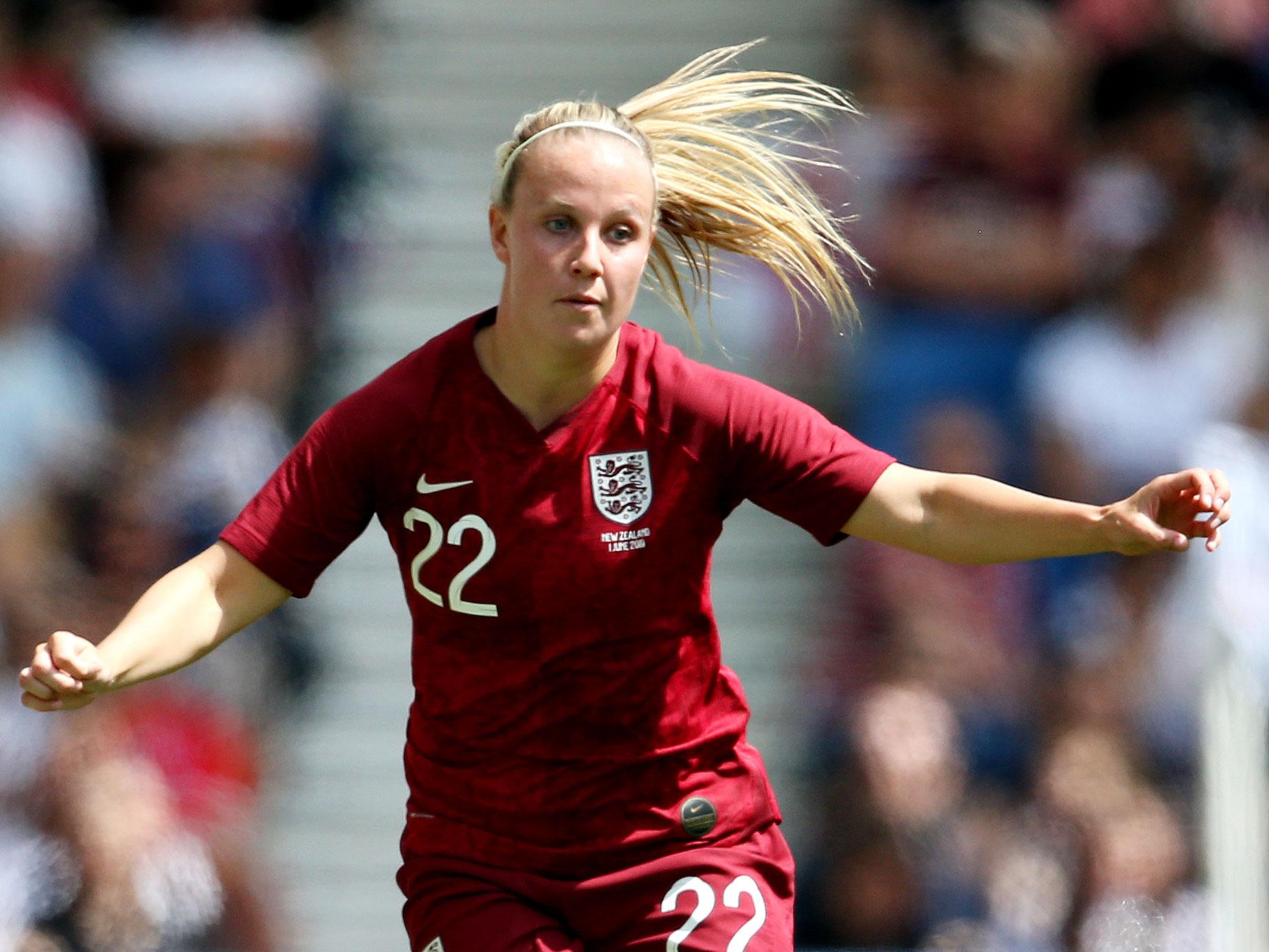Women’s World Cup 2019: The four key questions facing England manager Phil Neville ahead of last 16
Neville’s side have their 100 per cent record intact ahead of the knockout stages but selection and style is far from a certainty

Your support helps us to tell the story
From reproductive rights to climate change to Big Tech, The Independent is on the ground when the story is developing. Whether it's investigating the financials of Elon Musk's pro-Trump PAC or producing our latest documentary, 'The A Word', which shines a light on the American women fighting for reproductive rights, we know how important it is to parse out the facts from the messaging.
At such a critical moment in US history, we need reporters on the ground. Your donation allows us to keep sending journalists to speak to both sides of the story.
The Independent is trusted by Americans across the entire political spectrum. And unlike many other quality news outlets, we choose not to lock Americans out of our reporting and analysis with paywalls. We believe quality journalism should be available to everyone, paid for by those who can afford it.
Your support makes all the difference.Who is the No 10?
Every time Neville meets the press pack, he seems to be asked about his rotation policy. But why not chop and change when England have such a depth of talent?
Georgia Stanway made her first start of tournament against Japan, stationed in the No 10 role, and brought more to England’s game than the out-of-sorts Fran Kirby offered in twice the playing time.
Kirby should not be dismissed entirely. Far from it, in fact. She remains England’s most naturally gifted player but those gifts have seldom been seen over the last few months. Stanway, meanwhile, staked a claim for regular starts on Wednesday night and it may prove hard to ignore.
How can Neville shore up midfield?
England recorded a third straight win on Wednesday but there was still plenty of room for improvement and most notably in the midfield, which Japan bypassed too easily.
Jill Scott had little of her usual presence, but even at 32 years old, she is such an integral part to Neville’s system that her place in the last-16 line-up still seems assured.
The same cannot be said for Keira Walsh, who is 10 years younger than Scott and has a bright future at this level, but was perhaps Neville’s most disappointing player against Japan and frequently careless in possession.
Jade Moore did not fare much better against Argentina, but her greater experience and defensive nous may be what is required to dictate the play in the middle of the park.
Who is the third player in the front three?
Much of the build-up to Wednesday night centred around Toni Duggan’s first start of the tournament after recovering from a thigh injury, but Duggan looked like a player who had spent too much time on the sidelines.
Perhaps what she needs is more minutes, and that is why it would not be a surprise to see her start alongside Ellen White and Nikita Parris in the attack on Sunday, but Neville has two other in-form options to choose from if needs be.

Beth Mead did her bid for a regular starting spot little harm against Argentina with the sublime delivery for Jodie Taylor’s winning goal. She had already, by that point, made a constant nuisance of herself, racing in behind the Argentine defence.
The versatile Rachel Daly was then given an opportunity to impress against Japan and, despite White’s two goals, her directness and willingness to take risks could easily have earned her the player of the match award. Her right-footedness need not be barrier to playing on the left, if England want a more unpredictable attack.
Duggan is the woman in possession, but there are players behind her in the pecking order ready to step in if she does not get up to speed soon.
Should England insist on playing out the back?
Technically, this is a decision Neville made a long time ago and he reiterated his feelings on playing out the back on Wednesday night, in unequivocal fashion. “The playing style is non-negotiable,” he insisted.
Yet he will have noticed how uncomfortable England appeared at times when passing out of defence. Steph Houghton rarely has an issue, but Millie Bright appeared to struggle, with several stray balls putting her team-mates under unnecessary pressure.
It would be wrong to abandon playing out of defence on the back of one, nervy showing after a number of changes. It is that sort of knee-jerk decision-making which has scuppered England teams in the past.
Yet if England are not passing with conviction and accuracy again on Sunday, it may make sense to switch it up - briefly, at least - in order to relieve pressure at choice moments, before returning to Neville’s preferred style again.
Join our commenting forum
Join thought-provoking conversations, follow other Independent readers and see their replies
0Comments